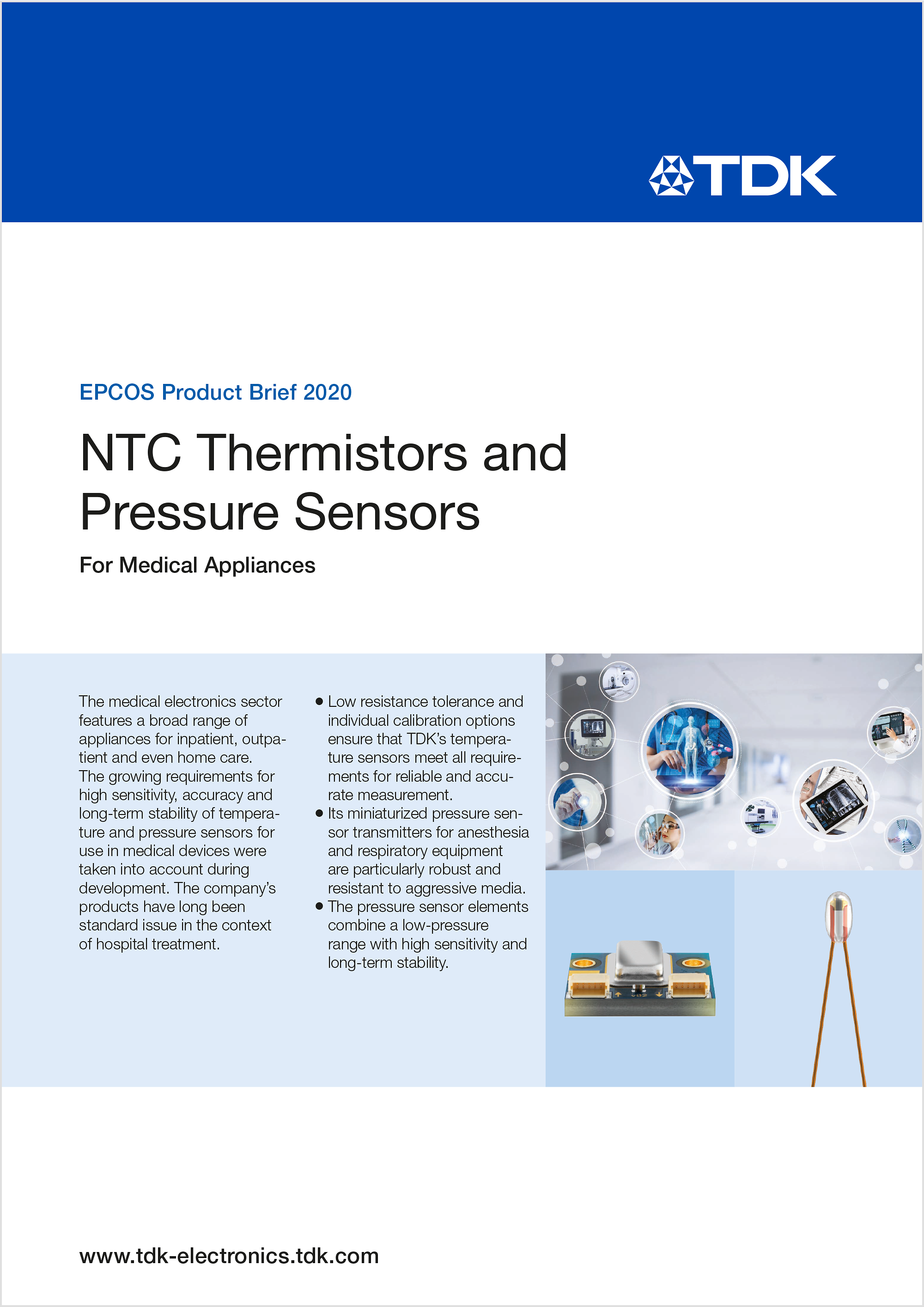Circuit Diagram Image Credit: Merit Sensor. Key Features. Wide Pressure Range: The AP-Series sensors cover several pressure ranges from 0 to 1000 psi (0 to 70 bar), accommodating a variety of medical and pharmaceutical applications, from vacuum aspiration applications to low-pressure blood pressure, up to high-pressure injection and pump control applications. 4; High Accuracy: The sensors offer a trimmed In this application, the pressure sensor monitors the pressure applied that inflates/deflates the balloon and needs to withstand more than 200psi. If too much pressure is applied, the balloon Ensure that the power supply does not exceed 5V as it may damage the sensor. Avoid applying pressure that exceeds the sensor's maximum rating (40 kPa) to prevent permanent damage. Use a filtering capacitor between Vcc and GND to stabilize the power supply if necessary. For accurate readings, calibrate the sensor in the application environment.

The aim of this review therefore is to describe the use of the optical fibre pressure sensors applied in medicine with particular focus on the current state-of-the-art in technology and developments in the context of several applications, including those that are currently established and emerging in the medical field. Medical applications of flow sensors. Air flow sensors are used extensively in medical devices for monitoring and controlling gas flow. These sensors measure the velocity or volume of a gas that passes through a specific point within a given period. Like pressure sensors, air flow sensors use different core-enabling technologies to cater to

Choosing the Best Pressure Sensors for Medical Applications Circuit Diagram
As a result, developing with pressure sensors has become an integral part of designing medical applications. Below, we explore 5 different uses of pressure sensors in medical technology. Getting the mix right in medical ventilators; A ventilator works by mixing air with pure oxygen to help the respiratory function of a patient.

Pressure sensors with medical applications. To meet the high demand for high accuracy and stability, ES Systems has developed a family of board mountable pressure sensors. ESCP-BMS1 can be described as a silicon capacitive pressure sensor ideal for gas measurements in HVAC, industrial and, most importantly, medical applications. For certain applications, pressure sensors are that component. And in addition to making sure the device it's installed in is able to do its job, a pressure sensor can help the device - and the medical caregivers using it - do more for a patient. Let's examine several medical applications for MEMS pressure sensors in critical care: Ventilators

Pressure & Flow Sensor Types for Medical Applications Circuit Diagram
Pressure sensors: 8 life-saving medical applications Many medical devices now depend on accurate and stable pressure measurements in order to operate reliably. What's more, patient care is expanding beyond the hospital and the GP's surgery and arriving in patients' homes, in the form of home health monitoring. Here's why using a pressure sensor with an Arduino is a valuable combination: 1. Precision and Accuracy. Pressure sensors have vital applications in the medical field. They are used in devices like ventilators, blood pressure monitors, and infusion pumps. Arduino-based medical devices can be developed for research purposes or to provide
